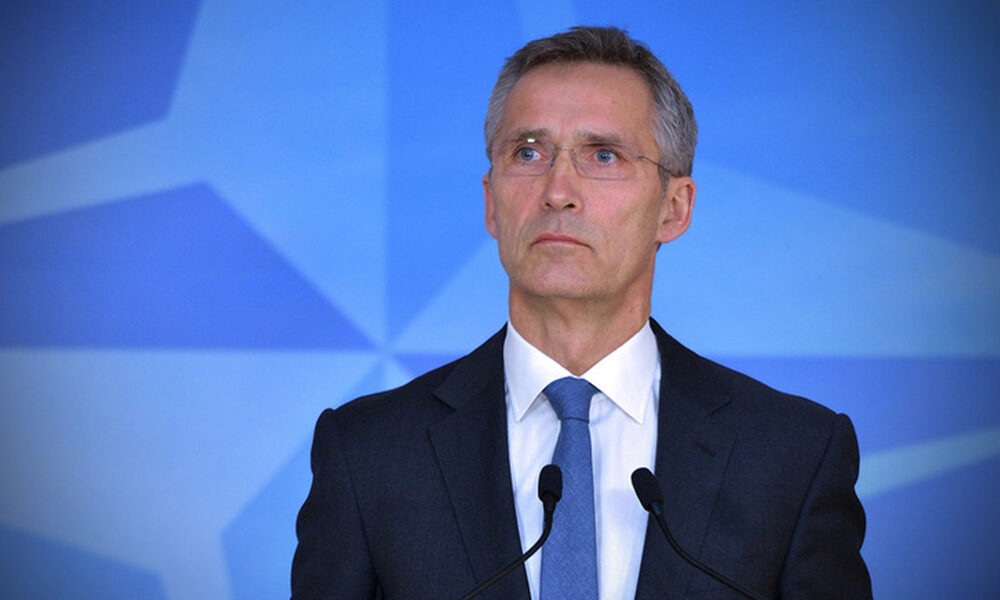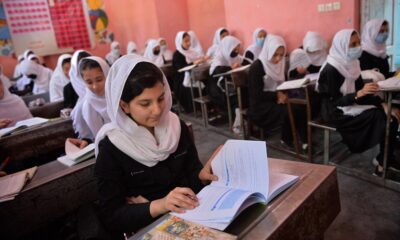Latest News
NATO raises concerns over Taliban offensive

NATO Secretary-General Jens Stoltenberg said that NATO allies met on Friday to consult on the situation in Afghanistan as the Taliban militants captured capitals of several provinces.
“Our aim remains to support the Afghan government and security forces as much as possible. The security of our personnel is paramount,” Stoltenberg said.
He added that NATO continues to assess the developments on the ground, and “we are in constant contact with the Afghan authorities and the rest of the international community.”
NATO has also raised concerns over the rapid increase of Taliban violence in the country.
“NATO Allies are deeply concerned about the high levels of violence caused by the Taliban’s offensive, including attacks on civilians, targeted killings, and reports of other serious human rights abuses,” Stoltenberg noted.
NATO stressed that the Taliban will not get international legitimacy if the militants gain power through a military takeover.
“Taliban need to understand that they will not be recognized by the international community if they take the country by force,” Stoltenberg added.
“We remain committed to supporting a political solution to the conflict,” he said.
This comes after the Taliban militant captured as many as the capital of 18 provinces.
In the latest development, the insurgents have seized most of Herat, Afghanistan‘s third-largest city, and also captured Ismail Khan, the veteran local commander leading militia resistance there, local officials said on Friday.
The fall of Herat, the latest in a series of major provincial cities to be taken by the Taliban in the past few days, has dealt a shocking blow to the government of President Ashraf Ghani only weeks after the withdrawal of U.S. forces.
Khan, the most prominent militia commander and believed to be in his 70s, together with the provincial governor and security officials, were handed over to the Taliban under an agreement, Hashimi told Reuters. He had no details of the deal.
Khan’s capture, confirmed by Taliban spokesman Zabiullah Mujahid, provided one of the most potent symbols of the crumbling of resistance in the city.



